Table of Contents
- Introduction
- What Is Serotonin and Why It Matters
- How Cannabis Affects the Brain
- THC and Serotonin: The Connection
- CBD and Serotonin: What We Know
- What the Research Says About Weed and Mood
- How to Use Cannabis Mindfully for Emotional Balance
- Risks, Red Flags, and When to Avoid It
- Conclusion
- About the Author
Introduction
It’s a common question in the world of mental health and cannabis: does weed increase serotonin? Many people believe cannabis helps them relax, sleep, feel happier, or even manage depression—but is that because it raises serotonin levels, or does something else explain the effect?
In this guide, we’ll break down the neuroscience behind cannabis and mood. We’ll explain what serotonin does, how THC and CBD interact with the brain, and what modern research tells us about the complex relationship between weed and emotional well-being.
Whether you’re exploring cannabis for anxiety, depression, stress relief, or mood elevation, understanding how it works is essential. Let’s begin by clarifying what serotonin actually is—and why it plays such a powerful role in how we feel.
What Is Serotonin and Why It Matters
Serotonin is a neurotransmitter—a chemical messenger in the brain and body—that plays a crucial role in mood, emotional regulation, sleep, appetite, memory, and even gut function. It’s often called the “feel-good” chemical, but that’s only part of the story. Serotonin doesn’t just create happiness—it helps maintain balance, resilience, and emotional stability.
Low serotonin levels have been linked to depression, anxiety, insomnia, and chronic stress. Many antidepressants (like SSRIs) work by increasing serotonin levels or preventing its reabsorption so more stays available in the brain.
So, naturally, people wonder if cannabis—especially when it seems to improve mood—has something to do with serotonin. The answer isn’t simple, but it’s worth understanding.
How Cannabis Affects the Brain
To understand cannabis and serotonin, we need to look at how cannabis works more broadly in the brain. THC and CBD—the two most well-known cannabinoids—interact with the body’s endocannabinoid system (ECS). This system helps regulate a variety of physiological processes, including:
- Stress response
- Sleep and wake cycles
- Appetite and digestion
- Immune function
- Pain perception
- Mood and emotional regulation
The ECS is made up of cannabinoid receptors (CB1 and CB2), endocannabinoids (naturally produced by the body), and enzymes that break them down. THC binds primarily to CB1 receptors in the brain, influencing mood, cognition, and perception. CBD works more indirectly and doesn’t produce a “high,” but it also influences emotional balance and stress modulation.
While the ECS and the serotonin system are distinct, they overlap in key ways—especially in areas of the brain like the hippocampus (memory/emotion), amygdala (fear/anxiety), and prefrontal cortex (decision-making/mood).
This overlap is what makes the connection between cannabis and serotonin so intriguing—and potentially therapeutic.
THC and Serotonin: The Connection
THC (tetrahydrocannabinol) is the primary psychoactive compound in cannabis—and while it doesn’t directly increase serotonin levels like an SSRI would, it does influence serotonin-related activity in the brain.
Animal studies and some human data suggest that THC can stimulate the release of serotonin in certain brain regions, particularly those involved in emotional regulation and reward. For example, THC activates CB1 receptors that indirectly modulate serotonin neurons, particularly in the raphe nuclei, which are central hubs for serotonin production.
In small to moderate doses, this may explain why some users feel euphoric, elevated, or calm. But the relationship isn’t linear: too much THC can have the opposite effect. High doses of THC, or prolonged heavy use, have been associated with:
- Anxiety or panic attacks
- Emotional blunting
- Paranoia or dysphoria (the opposite of euphoria)
- Potential long-term changes in neurotransmitter function
Bottom line: THC may indirectly increase serotonin activity in the short term, but high doses or frequent use may actually disrupt serotonin balance—especially in people predisposed to mood disorders.
CBD and Serotonin: What We Know
CBD (cannabidiol) has a very different relationship to serotonin. Unlike THC, it doesn’t bind to CB1 receptors or produce psychoactive effects. Instead, CBD interacts with a receptor called 5-HT1A—a key serotonin receptor involved in anxiety, stress response, and emotional regulation.
In fact, 5-HT1A is the same receptor targeted by certain antidepressants and anxiolytics (anti-anxiety medications). Studies have shown that CBD acts as a partial agonist of this receptor, meaning it can enhance serotonin signaling under the right conditions without over-stimulating the system.
Clinical Findings on CBD and Mood:
- CBD may reduce anxiety in both healthy individuals and those with social anxiety disorder (SAD)
- It may promote emotional resilience in stressful situations (e.g., public speaking, trauma-related recall)
- CBD shows promise as an adjunct to SSRIs or mood-stabilizing treatment (though more clinical trials are needed)
Interestingly, these effects seem most pronounced at moderate doses (usually 50–300 mg/day in studies). Too little may not work. Too much may blunt the effect or interact differently depending on individual chemistry.
Bottom line: CBD does not increase serotonin production, but it may improve the brain’s sensitivity to serotonin signals—making it one of the most promising cannabinoids for mood support.
What the Research Says About Weed and Mood
Over the last two decades, research into cannabis and mood disorders has expanded significantly. While we still lack large-scale, long-term studies, several important patterns have emerged:
Short-Term Mood Elevation
Many users report feeling happier, less anxious, or more emotionally flexible after consuming cannabis—especially when using strains low in THC and high in CBD or limonene-dominant terpene profiles. These benefits are often short-lived and highly dose-dependent.
Risk of Overuse or Emotional Blunting
Frequent or high-dose THC use has been linked with increased risk of depression in some studies—especially in adolescents or people with a family history of mood disorders. Chronic overuse may downregulate serotonin or dopamine pathways over time, contributing to emotional flatness, dependency, or rebound anxiety.
Therapeutic Potential of CBD
CBD continues to show promise in both animal and early-stage human studies for:
- Generalized anxiety disorder (GAD)
- Post-traumatic stress disorder (PTSD)
- Major depressive disorder (as an adjunct)
However, results vary by individual, and much of the current evidence is preliminary. Clinical trials are ongoing, especially in Europe and Canada, to explore CBD’s role in serotonin regulation and long-term mood improvement.
How to Use Cannabis Mindfully for Emotional Balance
While cannabis isn’t a substitute for professional mental health care, many people use it as a complementary tool. When used intentionally and sparingly, it can support introspection, relaxation, creativity, or emotional reset.
Mindful Use Guidelines:
- Start with CBD-rich strains or products—especially if anxiety or emotional sensitivity is a concern
- Vaporize instead of smoke—devices like the Vapman and Lotus allow for low-temperature, terpene-rich, clean experiences
- Microdose—1–2 light inhalations can elevate mood without overactivation
- Set a clear intention—why are you using it right now? To reflect? To pause? To support calmness?
- Journal or reflect afterward—document how you felt before, during, and after
Most importantly: stay in tune with your baseline. If you find yourself needing cannabis to feel “normal” or stable, it may be time to reassess your usage, take a tolerance break, or speak with a mental health professional.
Risks, Red Flags, and When to Avoid It
While cannabis has potential as a wellness tool, it’s not ideal—or even safe—for everyone in every situation. Understanding when cannabis use could do more harm than good is crucial for protecting your mental and emotional health.
Who Should Be Cautious:
- Individuals with a history of psychosis, bipolar disorder, or schizophrenia—especially with THC use
- Teenagers and adolescents—whose brains are still developing and may be more sensitive to THC’s impact on serotonin and mood
- People recovering from cannabis use disorder or with substance dependency concerns
- Anyone experiencing worsening mood symptoms with cannabis use—even if it initially helped
Signs You Might Need to Pause or Seek Support:
- Using cannabis daily to regulate mood or sleep
- Feeling emotionally numb, foggy, or disconnected after use
- Needing larger amounts to feel the same effect
- Experiencing panic, paranoia, or depressive crashes afterward
- Avoiding social, creative, or personal activities when not using
None of these signs mean you’ve failed—they simply mean it’s time to reflect. Taking a tolerance break, switching strains, microdosing, or speaking with a mental health professional can make a huge difference in restoring balance and clarity.
Conclusion
So—does weed increase serotonin? Not exactly. It doesn’t directly boost serotonin levels the way medications like SSRIs do, but it can modulate the serotonin system in complex ways. THC may trigger short-term elevation for some, but also disrupt balance with overuse. CBD, on the other hand, interacts gently with serotonin receptors and shows more promise for long-term emotional resilience and anxiety support.
If you’re using cannabis to support mood, it’s essential to do so mindfully. Pay attention to your strain, dose, setting, and intention. Consider tools like the Vapman or Lotus to explore gentle, low-temperature inhalation that preserves terpenes and supports clarity over sedation.
In the end, cannabis can be a valuable ally—or a confusing trap. With self-awareness, education, and moderation, it has the potential to support mental balance. But it should always complement—not replace—foundational wellness practices like sleep, movement, connection, and therapy.
About the Author

Author: Michael Mussner, Founder of INHALE Vaporizers
Michael is a passionate vaporizer designer and entrepreneur from South Tyrol, driven by craftsmanship, sustainability, and the mindful use of natural herbs. With a background in product innovation and a love for analog technology, he founded INHALE to revive flame-powered vaporizers like the Vapman and Lotus. Every product he creates is deeply rooted in authenticity, simplicity, and a respect for nature.
Questions? Contact us here or email support@nowinhale.com.




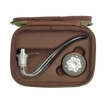

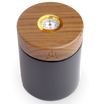

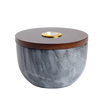
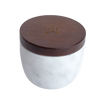
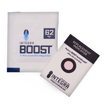


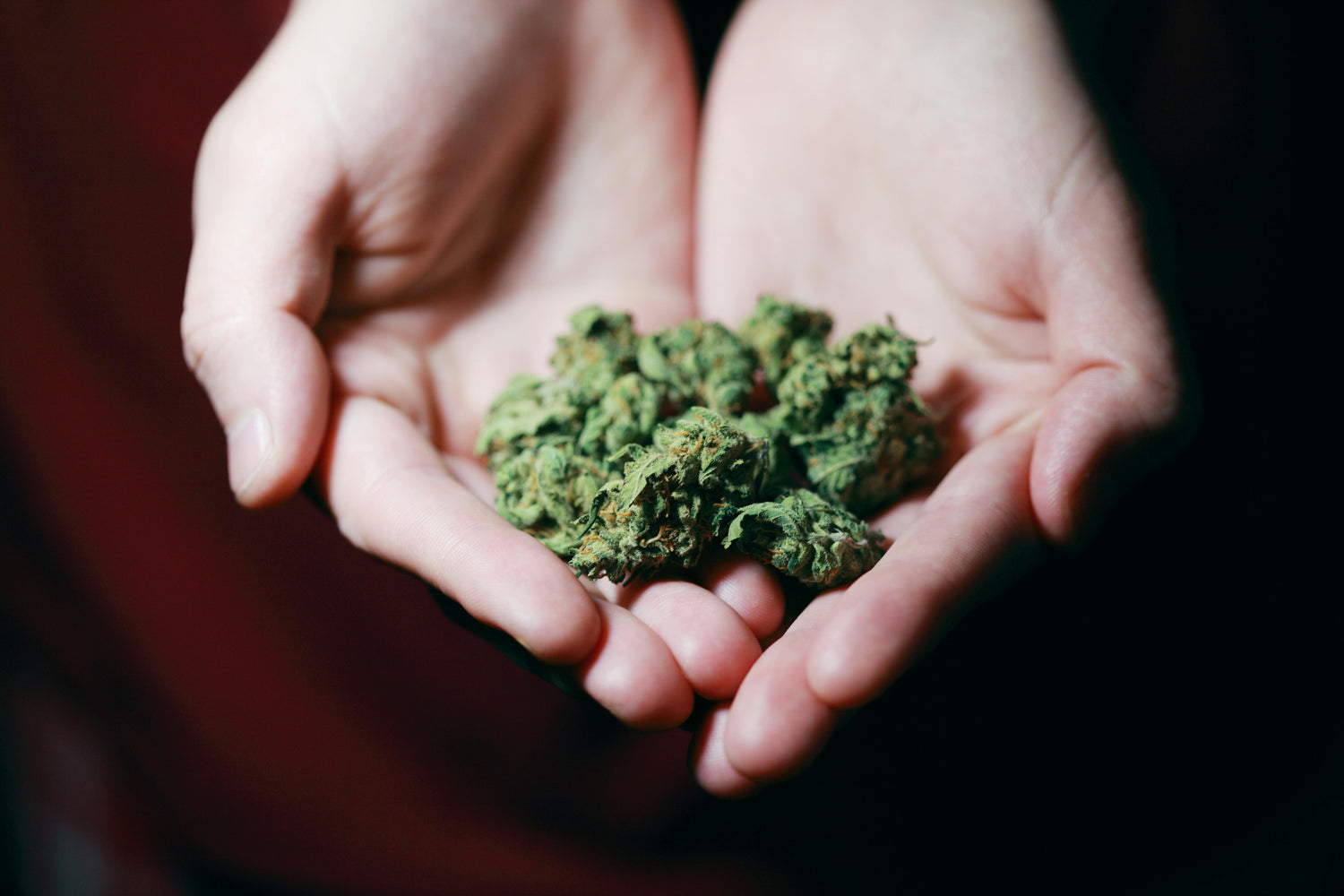
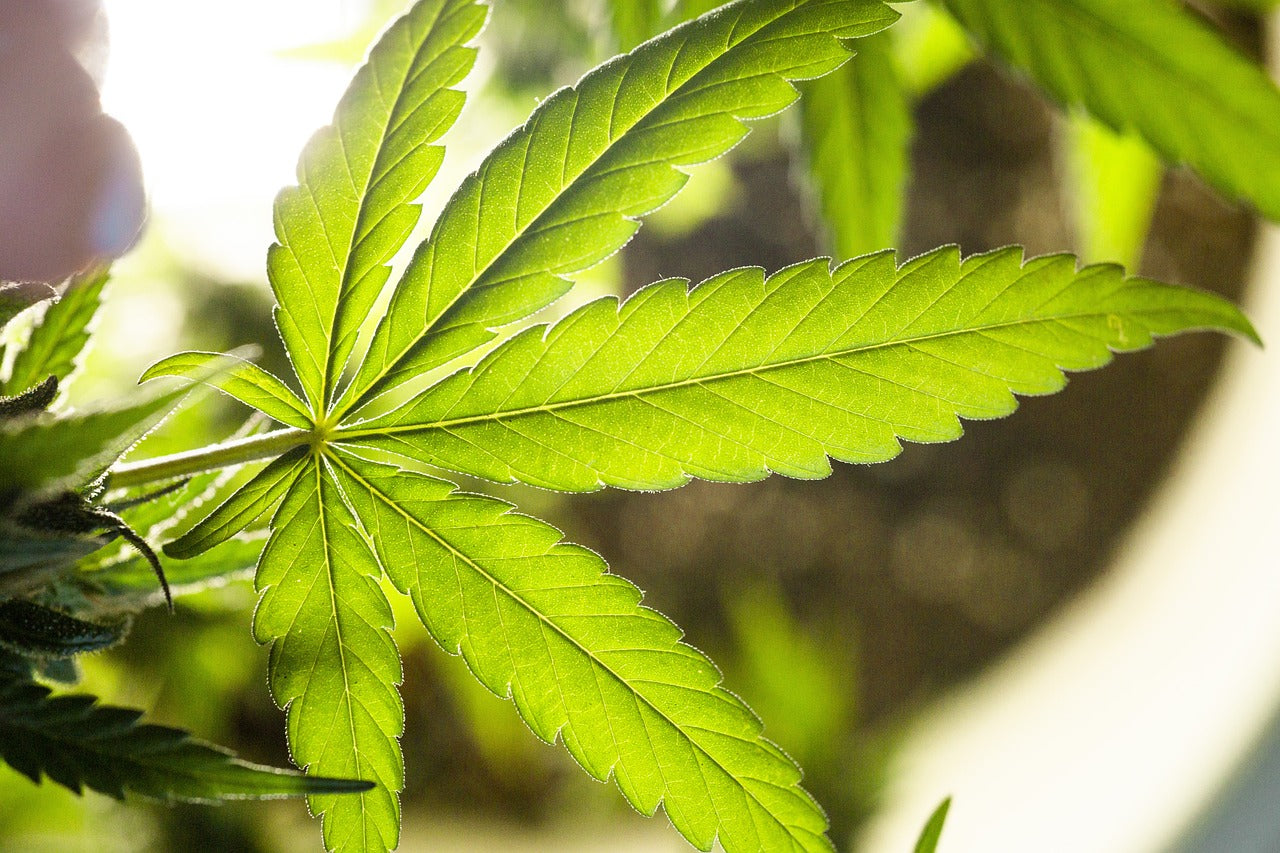
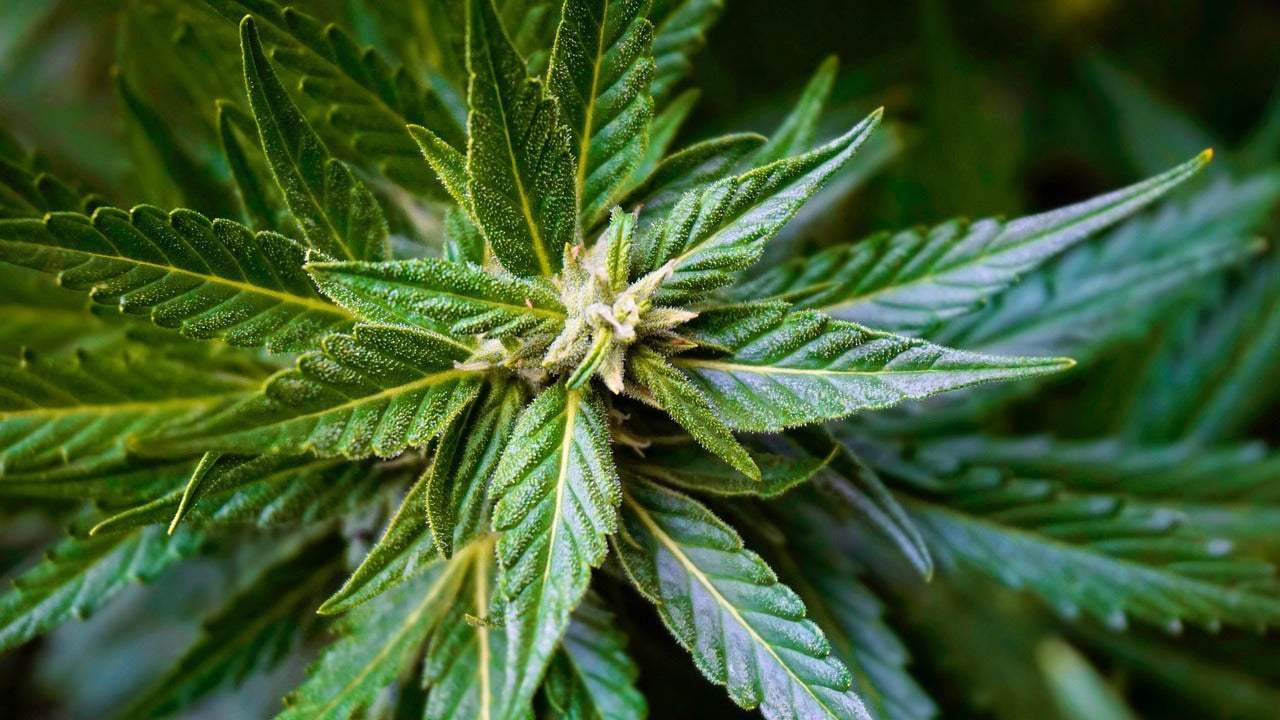


Leave a comment
All comments are moderated before being published.
This site is protected by hCaptcha and the hCaptcha Privacy Policy and Terms of Service apply.